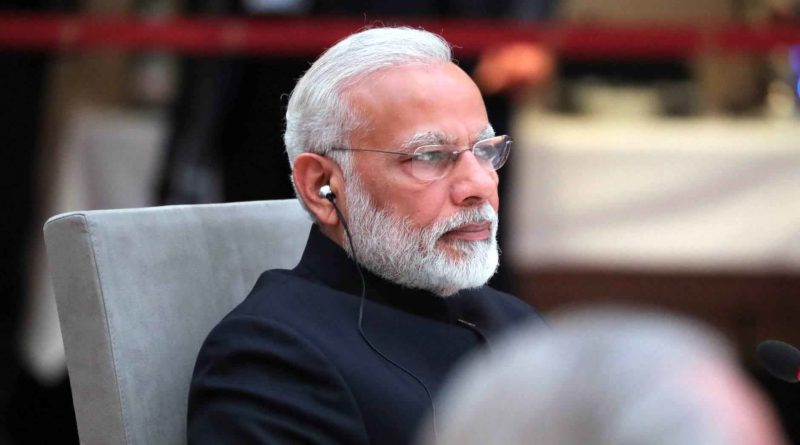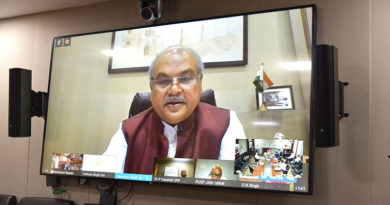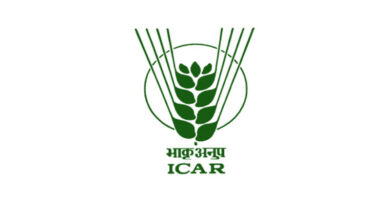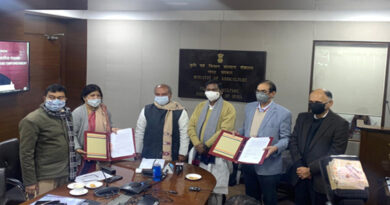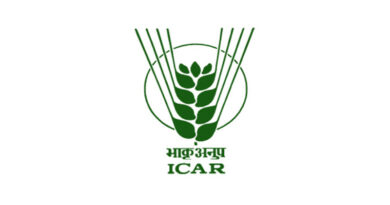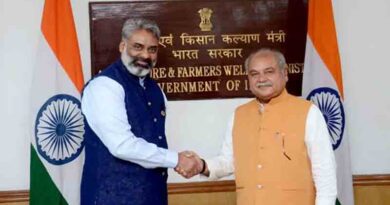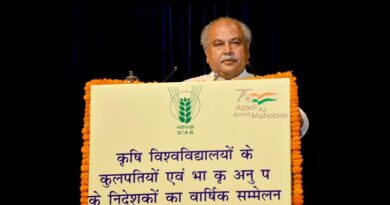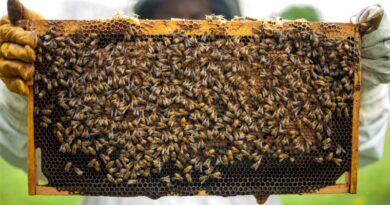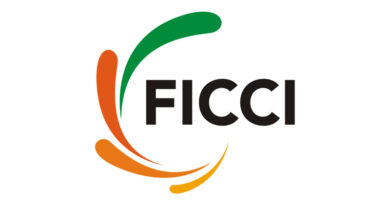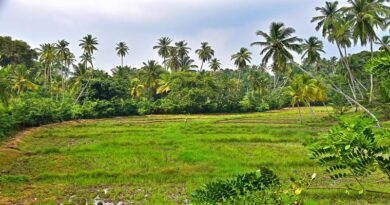PM Modi reviews ICAR, promotes Organic and Natural farming
Prime Minister Narendra Modi highlighted the need to adopt organic and natural farming practices on a cluster based approach. He also mentioned the need of conducting Hackathons to solve complex agricultural problems related to designs needs for tools and equipments
04 July 2020, New Delhi: Prime Minister Mr. Narendra Modi reviewed the progress of agriculture research, extension and agriculture education in India under Indian Council of Agricultural Research (ICAR) through video conference earlier today.
Dr. Trilochan Mohaptra, Director General, Indian Council of Agricultural Research & Secretary, Department of Agricultural Research & Extension presented the priorities, performance and preparedness to face various challenges. Through its research at various centres across India, ICAR has developed new varieties of field crops (1434), Horticulture crops (462) and Climate resilient varieties (1121) in the last 6 years. Karan-4, a sugarcane variety has enhanced sugar recovery and has replaced traditionally grown varieties in Uttar Pradesh.
In an effort to bolster ‘Kuposh Mukt Bharat’ (India free from Malnutrition) 70 bio fortified varities with enhanced Iron, Zinc and Protein content have been developed.
ICAR has developed geo-referenced Organic Carbon Map of India, identified 88 bio control agents and 22 Bio pesticides which can promote organic agriculture. It has also introduced Magic seeder in Punjab, Haryana and Delhi to address the problem of stubble burning after the harvest of paddy crop. There is a reduction of 52% in burning events in 2019 in comparison to 2016.
Mr. Modi highlighted that avenues for enhancing bio ethanol from sugarcane and other crops needs to explored for alternate fuel. He also mentioned the need to adopt organic and natural farming practices on a cluster based approach.
He further suggested, “Start-ups and agri-enterprenues need to be promoted to ensure innovation and use of technology in Agriculture and allied sectors. There is need to leverage information technology to provide information on demand to the farmers. Hackathons should be organised twice a year to solve identified problems and meet design needs for tools and equipment that can reduce drudgery of farming activity, given that a large number of farm workers are women.”

